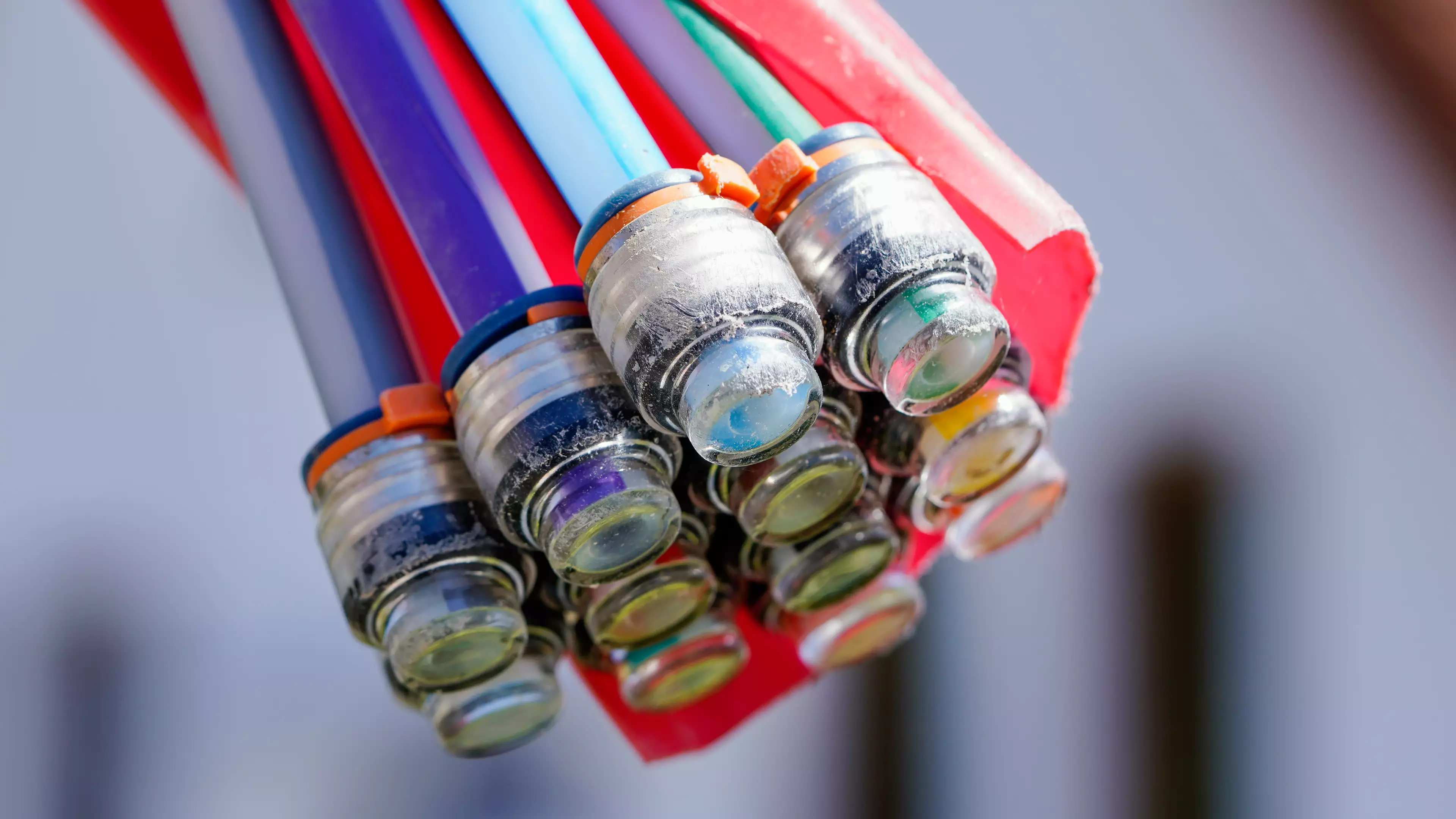
Japan has just shattered the record for the fastest internet speed ever record seen.
Scientists at Japan's National institute of Information and Communications Technology have been working to push the limits of information transferal and they have certainly been rewarded for their efforts.
Their latest test has seen a data transmission rate of a whopping 319 Terabits per second (Tb/s).
Advert
To put that into perspective, the average Australian broadband download speed is about 58 megabytes per second.
Their mission has also obliterated the previous record of 178 Tb/s that was only set last year.

The Japanese team has presented their findings in a paper at the International Conference on Optical Fiber Communications.
Advert
The test was completed in a lab however it was then virtually simulated and the epic signal managed to stretch for more than 3,000 km.
They used an 'experimental photonic chip' according to Interesting Engineering and before you move to Japan to get the fastest download speeds in history, this test isn't meant for regular consumers.
Normal internet users who are just streaming Netflix or downloading work files will only be able to get a maximum speed of around 10 gigabytes per second before the system overloads.
The biggest news, aside from the epic speeds that were recorded, is that the test was largely done using fibre optic infrastructure that is already all around us.
Advert
We wouldn't have to dig up roads or land en masse to get this type of technology into where it's needed most.
The only difference the researchers used for their test is four 'cores' instead of one that are glass tubes housed within fibres that transmit the data.
Not to get all technical, but the team also used 'wavelength-division multiplexing' and a third 'band' to help get the speed as high and consistent as possible.
The signal is also amplified by fibres that are dipped in thulium or erbium.
Advert
It's not known how long it could be until this type of technology can be installed into the world or how much it could cost.
The one thing that is clear is that shattering a record set only last year shows researchers are well on their way to creating a new internet era that could open up a lot of possibilities.
Featured Image Credit: PATopics: Internet, News, Technology